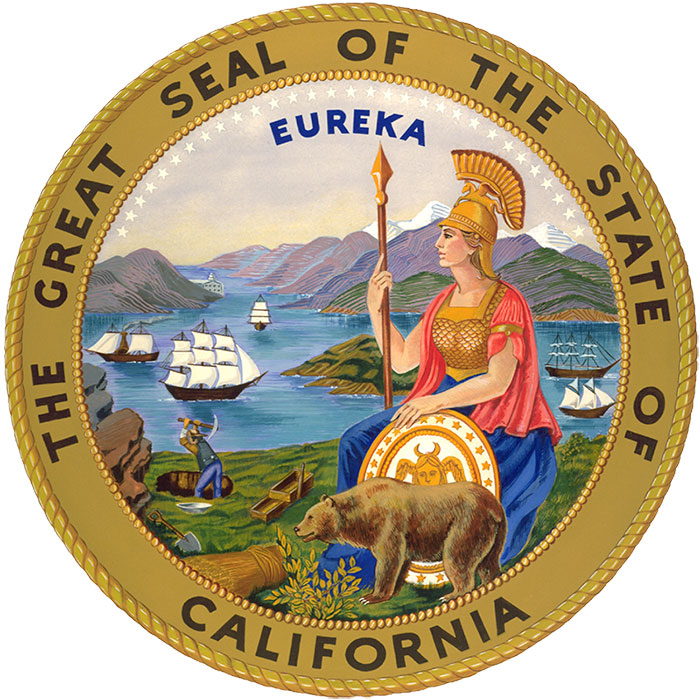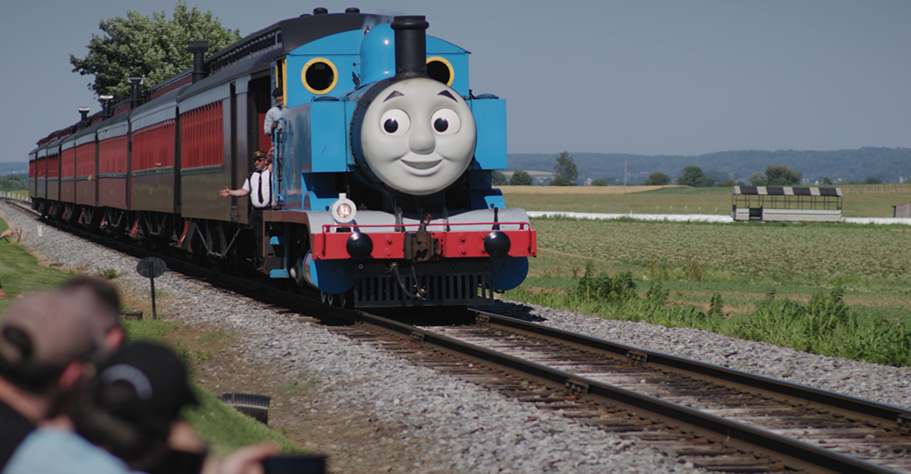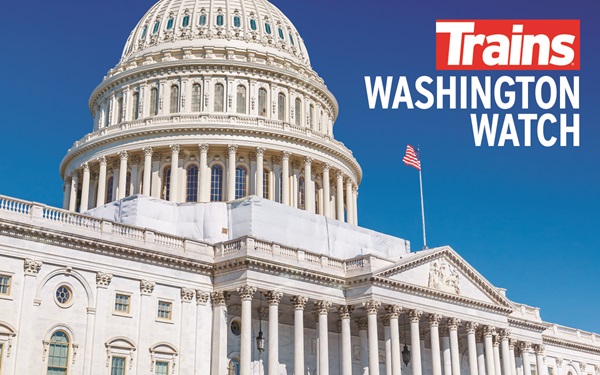MONTREAL — Political pressure is building as a strike against the Canadian National Railway enters its second day.
More than 3,000 CN conductors, train persons, and yard workers walked off the job at 12:01 a.m. Eastern Time on Tuesday after the railroad and its largest union, the Teamsters Canadian Rail Conference, failed to forge a new labor agreement before a midnight deadline [See: “CN workers go on strike in Canada,” Trains News Wire, Nov. 19].
The strike does not include CN’s operations in the United States, although it is possible the work stoppage in Canada will have impacts south of the border.
On Tuesday, provincial and federal politicians called on Canadian Prime Minister Justin Trudeau to call back parliament early so that the government could pass legislation forcing CN employees back to work. Parliament is currently scheduled to reconvene in Ottawa on Dec. 5. Two Alberta government ministers, Minister of Energy Sonya Savage and Minister of Agriculture and Forestry Devin Dreeshen, say an extended strike could have devastating impacts on the economy, especially during the busy grain shipping season.
“Unfortunately, even this short wait could result in serious damage not just to the Alberta economy, but to the Canadian economy as a whole. We call on the Prime Minister to immediately call back Parliament to enact emergency back-to-work legislation for CN Rail,” Savage says.
Conservative Opposition Leader Andrew Scheer also weighed in on the matter, tweeting on Tuesday that he supported the calls for back-to-work legislation.
“For farmers in Alberta, Saskatchewan and across Canada, every day counts,” Scheer writes. “They need to move their products now.”
The Liberal government has not indicated whether or not it will call back parliament, but officials say they are watching the situation closely and hoping for a speedy resolution. On Monday, the federal government sent two high-ranking ministers — Labor Minister Patty Hajdu and Transportation Minister Marc Garneau — to meet with the union and railroad in a failed attempt to avoid a strike.
“The Government of Canada understands the importance of the rail industry and its workers to the Canadian economy,” Hajdu says. “While we are concerned about the impact of a work stoppage on Canadians, we remain hopeful they will reach an agreement.”
Negotiations between CN and the Teamsters were expected to continue on Wednesday, although little information was available about what progress was being made. A Teamsters spokesperson did not respond to questions from Trains News Wire on Tuesday. A CN spokesperson says they are “disappointed” about the strike but have “no further comment at this point.”
The railroad and the union have been in negotiations for seven months and have been working with federal mediators for the last five months. The railroad’s previous labor agreement expired in July. In September, Teamsters members overwhelming voted in favor of a strike if a solution could not be reached. The railroad had previously suggested a binding arbitration agreement forged by federal mediators but the union rejected that offer.
At the center of the negotiations is a debate about health benefits and safety. According to the Teamsters, CN has expanded its use of remote control locomotives in yards despite protests from the union. The union has also complained that CN has made it harder for employees to take time off, increasing the risk of fatigue-related incidents.
This week’s work stoppage comes exactly a decade after the last major Teamsters strike at CN. In November 2009, more than 1,700 locomotive engineers went on strike for five days after working without a contract for almost a year.
— Corrected on Nov. 21 at 9 a.m. to note the types of employees involved in the strike.















You don’t see issues like these with Canadian Pacific. It happened way back when but they’ve put themselves on a better side. Canadian National needs new leaders that will actually do good for the employees. Plus, I’ve heard people talk about the railroad just going for a merger with CP, which if it were to happen would seriously destroy Canada’s railroad economy.
CN provides an essential service and should not be shut down. That being said, the company has not bargained in good faith with their employees. Management must be held accountable.
There were trains running on CN’s Grand Trunk Western mainline in Michigan on Wednesday..
No VIA has its own engineers and no longer has any conductor. For once, their trains will be on time.
I note that VIA trains are still operating. I thought they used CN train operating crews but the on board staff was VIA. What don’t I know?
Chris, Arthur, David, et al,
It appears that none of you even know what “good faith” bargaining really is, and you take the unions word for CN not bargaining in good faith at face value. In this case neither side is bargaining in “good faith”, it’s CN’s job to protect the company and shareholders, and it’s the unions job to protect the employees, unless they can meet somewhere in the middle then there is no good faith on either side, current income growth and profits not withstanding.
Chris, it’s against the law for Federal employees to strike, it even states that you can and most likely will be terminated if you go on strike against the Feds, so Ronald did what the law allowed him. As for the government ordering railroaders back to work in the 80’s, they’d done it before then too, under the premise that railroads provide a service that’s important to this countries security and economy. Most transportation workers are lucky they’re still allowed to strike, if it was up to me, they wouldn’t have that option, only the option of entering into binding arbitration if negotiations fail to reach an agreement.
So some government officials want legislation to send the union back to work. And I suppose then they’ll expect that the railroad will be more inclined to bargain in good faith, yea right. In the early 80s the US government sent the railroaders back to work and that was the beginning of the war on unions. Not to mention the fired air traffic controllers, thanks Ronald. I’ve got a better idea. Legislate that the railroad give the Union everything they are asking for so they’ll go back to work and that they continue to negotiate in good faith.